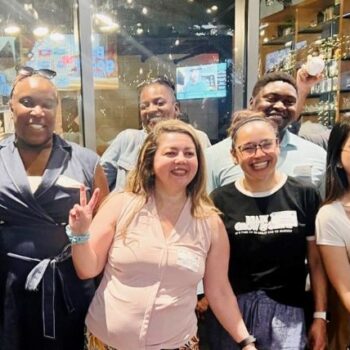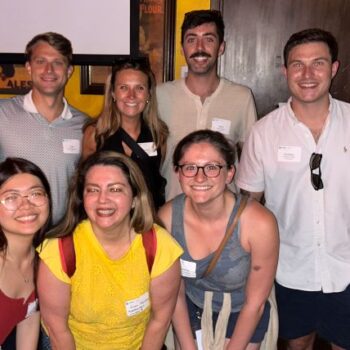
Why a User Requirement Specification is more than just an Exercise
- Posted by Howard Sneider
- On July 8, 2024
Since the proliferation of the V model of Computer System Validation (CSV), The User Requirement Specification (URS) has been on a figurative roller coaster of public opinion and proper use. The URS was originally conceived to enable as-built performance testing of a design against specifications as part of the V-model. While it served a vital role in large-scale computer projects, in smaller equipment projects, it was relegated to superfluous documentation alongside functional specifications and technical design documents. The perceived value of the URS diminished as testing of the functional specifications became more robust, and statements of requirements shifted across documents.
The adoption of ASME E2500 changed the landscape by requiring “Firms [to] develop appropriate mechanisms to communicate requirement inputs, including product quality considerations, to those responsible for design.” The established document that conveys this information is the URS. More recently, the adoption of EudraLex, Volume 4, EU Guidelines for Good Manufacturing Practice for Medicinal Products for Human and Veterinary Use, Annex 15: Qualification and Validation requires that “The specification for equipment, facilities, utilities or systems should be defined in a URS and/or a functional specification.” These modern compulsory requirements reaffirm the need for the URS.
While the URS does specify specific needs for equipment, facilities, utilities, or systems, it is not the only specification governing the delivery of these items. The URS exists alongside functional and technical specifications, scope of work, commercial terms, and contractual documents. Determining what belongs in the URS and each other document is an important consideration so that appropriate items are verified, and dependencies from one document to another are enforced.
When writing a facility URS, it’s crucial to base your approach on sound scientific principles and a deep understanding of critical quality attributes (CQAs) related to patient safety. The approach should include science-based risk management principles, as outlined in ICH Q9. Using these principles to identify and mitigate risks related to quality, compliance, safety, and business impact should lead to the design of a facility that will enhance patient safety and overall effectiveness.
Another guidance to consider when writing a URS is to plan ahead and avoid last-minute preparations, to involve focus groups, and facilitate collaborative workshops across a broad audience for decision-making. The URS is a living document, so it is advisable to exclude items outside of the user experience (such as how to implement a requirement) and items that are captured in other documents and may be updated frequently (such as the sequence of operations).
Adhering to current guidance concerning the content and organization of the URS and completing training that reinforces the process of composing a URS can create an effective document that will improve communication between stakeholders, help suppliers and vendors comprehend the client’s requirements, and reduce risk to the project.
 To hear more about this topic, register for the “Users and Providers” session on Thursday, July 25th at Azzur Cleanrooms on Demand in Devens, MA. This program will be an exciting and interactive evening with a facility tour, presentation, workshop, and social at the newly opened Azzur Cleanrooms on Demand in Devens. The event will start with refreshments and a tour of the Azzur Cleanrooms on Demand facility. The evening will focus on a workshop led by Howard Sneider, where we will explore the interplay of user requirements specification and scope of work documents. We will explore what each document needs to convey, and the process of mapping, analyzing, and validating how each requirement is satisfied. The participants will break into groups, practice eliciting, analyzing, and writing requirements, and share the results at the end of the workshop so everyone can benefit from each group’s expertise. We will conclude the evening at Sterling Street Brewing located next door. Click here for more information and to register: https://www.ispeboston.org/events/?eventID=1394
To hear more about this topic, register for the “Users and Providers” session on Thursday, July 25th at Azzur Cleanrooms on Demand in Devens, MA. This program will be an exciting and interactive evening with a facility tour, presentation, workshop, and social at the newly opened Azzur Cleanrooms on Demand in Devens. The event will start with refreshments and a tour of the Azzur Cleanrooms on Demand facility. The evening will focus on a workshop led by Howard Sneider, where we will explore the interplay of user requirements specification and scope of work documents. We will explore what each document needs to convey, and the process of mapping, analyzing, and validating how each requirement is satisfied. The participants will break into groups, practice eliciting, analyzing, and writing requirements, and share the results at the end of the workshop so everyone can benefit from each group’s expertise. We will conclude the evening at Sterling Street Brewing located next door. Click here for more information and to register: https://www.ispeboston.org/events/?eventID=1394



0 Comments